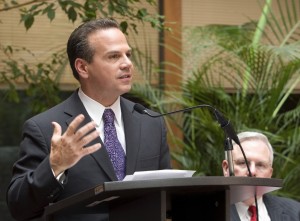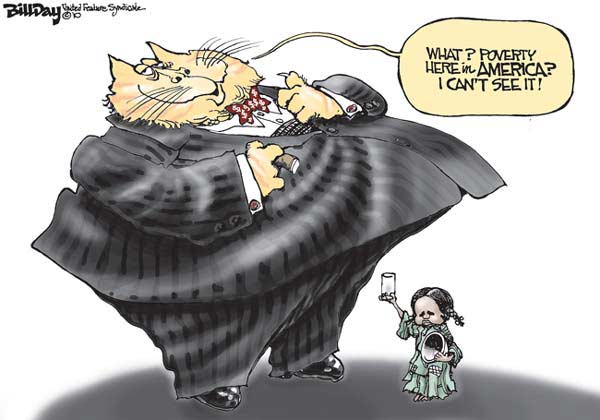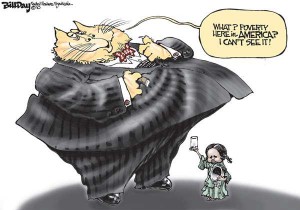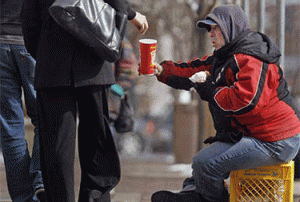Congressman David Cicilline (D- RI) announced historic legislation to expand upon the Civil Rights Act of 1964, and provide protections for the LGBT community in several areas, including public accommodations, housing, employment, federal funding, education, credit, and jury service. Announced in Washington, D.C., the bill, known as the Equality Act, has been introduced in both the House of Representatives and the Senate. There are 157 original cosponsors to the bill in the House, and 40 in the Senate.

“In most states, you can get married on Saturday, post your wedding photos to Facebook on Sunday, and then get fired on Monday just because of who you are. This is completely wrong,” Cicilline said in a press conference. “Fairness and equality are core American values. No American citizen should ever have to live their lives in fear of discrimination.”
Currently, there are 31 states where it is legal to discriminate against someone based on their sexual orientation, and deny them services, employment, or housing.
Cicilline, who is one of seven openly gay members of Congress, added that the Equality Act is common sense legislation that will help to resolve the current patchwork of anti-discrimination laws all over the country.
“Partial equality is not acceptable. It’s time for a comprehensive bill that protects LGBT Americans,” he said.
The Human Rights Campaign, a non-partisan LGBT advocacy group, found that 63 percent of LGBT individuals have been the targets of discrimination in their personal lives. LGBT students have also been made to feel unsafe at school- 82 percent have been verbally harassed, while 38 percent have been physically harassed.
Other members of Congress spoke on the bill as well. Senator Tammy Baldwin (D- WI) said that she believes America is ready for such a comprehensive step.
“No American should be at risk of being fired, evicted from their home, or denied services because of who they are, or who they love,” she said. “We also need to make sure that every American has a fair chance to earn a living and provide for their families.”
Senator Cory Booker (D- NJ), said the act is based on purely American values, even if the reason for its existence isn’t very American at all.
“This legislation that we are introducing is something that resonates with the best of who we are as a nation,” he said. “But the need for this legislation reflects the worst of who we are.”
Representative John Lewis (D-GA) said the act is long overdue, and provides justice for LGBT Americans. He said it will provide them dignity and respect, without fear of being denied things they need for being who they are. Democratic Whip Steny Hoyer (D-MD) echoed these sentiments, saying that he hopes that Congress will take immediate action to pass the bill.
Many outside of government were invited to come share their stories about how they have been denied services just for being gay or transgender. One couple’s pediatrician would not treat their daughter just because they were lesbians, while a transgender man from Texas was fired from his job after being “outed.” Many advocacy groups showed their support as well, including the Human Rights Campaign, the Center for American Progress, and the National Center for Transgender Equality.
“This is a national problem that needs a national solution, and the Equality Act is that solution,” said Winnie Satchelberg, the Executive Vice President of the Center for American Progress.
Only 19 states provide employment and housing protections for LGBT Americans. 17 states prohibit public accommodation discrimination based on sexual orientation or gender identity, and four prohibit it based solely upon sexual orientation. Prohibitions for education discrimination based on sexual orientation or gender identity exist in 14 states.




